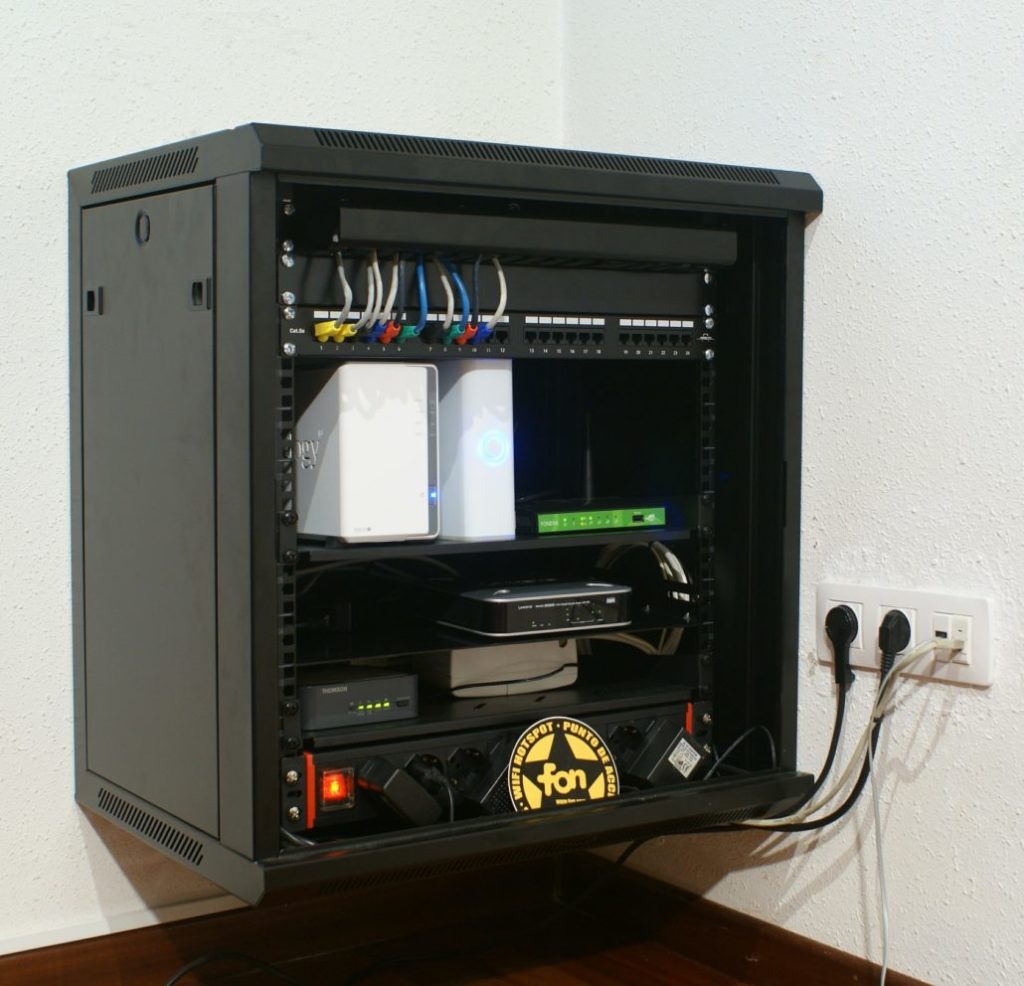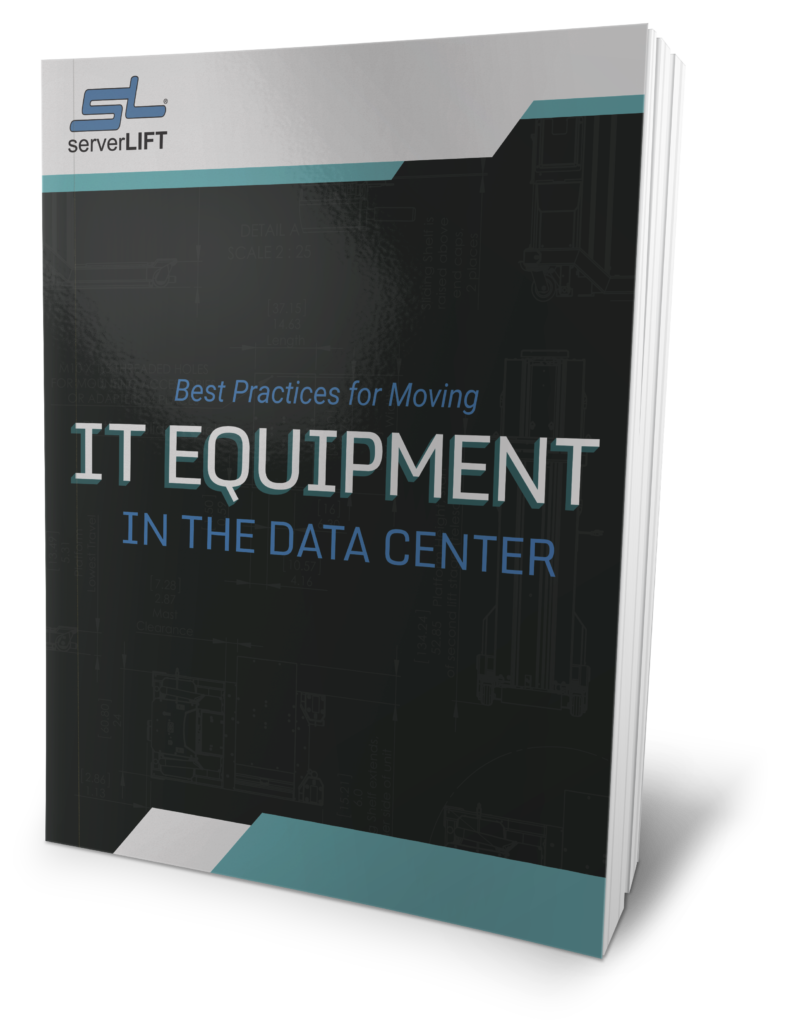Проведення ходу сервера з повністю завантаженими стелажами / шафами

Recently, I came across a forum question asking for a good way to move a fully populated server rack or cabinet. In short it would seem a great idea, given the weight and difficulty of moving large, individual servers. Many IT people tell me their technicians carry out a server move by taking out most … Детальніше
Data Center Design: Efficiency Series

In creating an efficient data center, pay special attention to the space and design as well as implementing the right technologies. The success of a data center design is realized through the long-term scalability, flexibility and availability of the facility.
Data Center Storage Efficiency Series

Due to the highly complex infrastructure of data centers, there are many opportunities to conserve power, reduce cooling needs and save money. Data centers can apply a combination of the following storage efficiency practices: Data Reduction, Deduplication, Compression, Snapshots, and Tiered Storage.
Data Center Efficiency Series – Part 4: Server Hardware and the Processor

Replacing out dated servers with newer, more efficient servers can help save space and reduce the energy and power required to run the data center. The entire server infrastructure design contributes to the overall efficiency. These components include processors, memory, and power supplies systems.
Data Center Efficiency Series: Cooling Solutions

Data center technologies are quickly becoming more and more compact and powerful, resulting in higher density systems which generate higher amounts of heat. Data center management are constantly finding new methods to address this increase in power consumption and heat output and adopt best practices to efficiently cool the data center. Some of the current solutions include:








